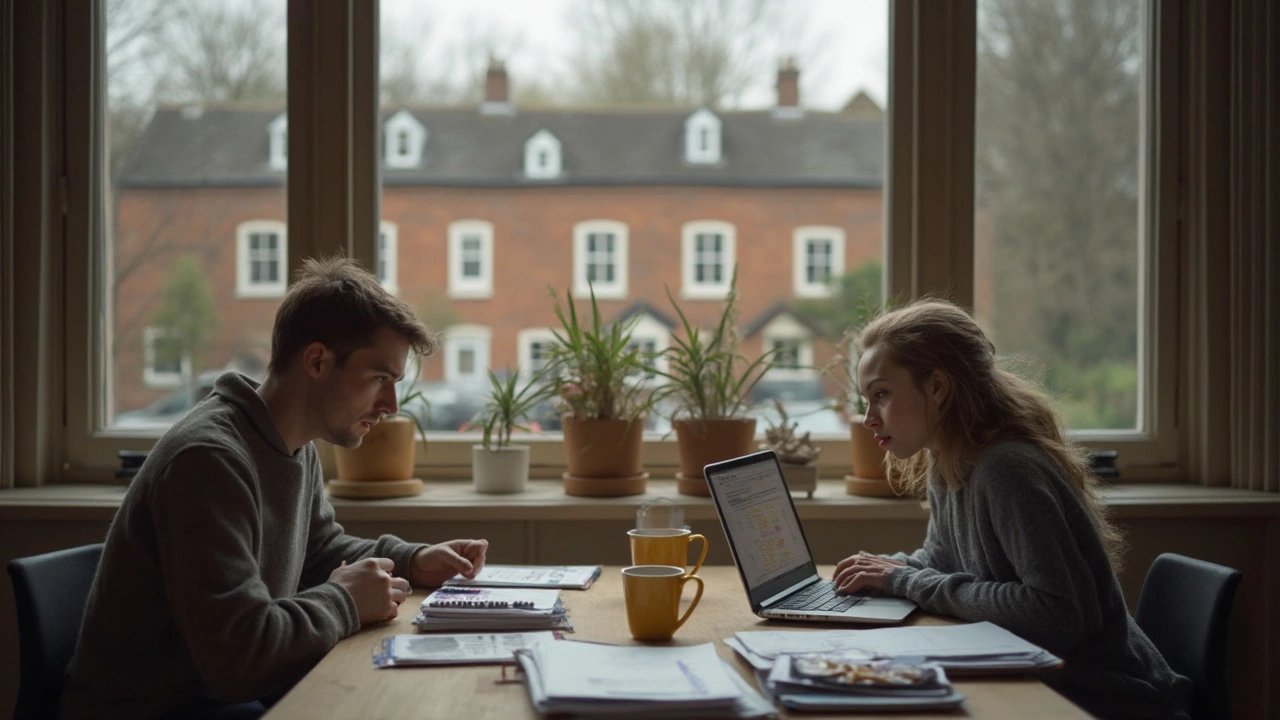How to Buy a £250,000 House Without Breaking the Bank
Thinking about snapping up a house that costs around £250k? You’re not alone—many first‑time buyers see that price tag as a realistic entry point. The good news is that with the right plan, you can secure the home, keep your monthly payments manageable, and even build equity fast.
Set a Realistic Budget and Save for Your Deposit
Start by figuring out how much you can afford each month. Use a simple calculator: add up your income, subtract all recurring costs (bills, transport, groceries), and see what’s left for a mortgage payment. Most lenders want your mortgage to be no more than 30‑35% of your gross income.
A 10% deposit on a £250k property is £25,000, but the higher you can put down, the better the rates you’ll qualify for. If you’re short on cash, consider a Help to Buy ISA, a family gift, or a low‑interest personal loan to bridge the gap. Keep the deposit goal front‑and‑center; every extra pound saved can shave off years of interest.
Shop Around for the Best Mortgage Rate
Mortgage rates can vary wildly between banks, building societies, and online lenders. In 2025, some lenders are offering rates under 3% for borrowers with solid credit scores. Use comparison tools, but also call the lenders directly—sometimes they’ll match a lower rate if you ask.
Don’t forget to factor in fees: arrangement fees, valuation fees, and early‑repayment charges can add up. A slightly higher rate with lower fees may end up cheaper in the long run. If you’re unsure, a mortgage broker can pull together several offers and explain the fine print.
Once you’ve locked in a mortgage, keep an eye on your credit score. Paying down credit‑card balances and avoiding new debt will help you stay eligible for future rate reductions or a remortgage.
Speaking of remortgages, if your house’s value jumps above the mortgage balance—say the market pushes your £250k home to £300k—you could refinance to pull out equity. That extra cash can fund home improvements, pay off higher‑interest debt, or boost your savings.
But don’t rush into a remortgage just because you have equity. Calculate the total cost including any exit fees, and make sure the new monthly payment fits your budget. In many cases, staying with your current mortgage for a few more years yields better savings.
Student loans can also influence your buying power. Lenders look at total debt‑to‑income ratios, so a large student‑loan balance might shrink the amount you can borrow. If that’s your situation, consider paying down a portion of the loan before applying for a mortgage, or shop for lenders that weight student debt less heavily.
Finally, protect your new home with the right insurance. Some policies won’t cover certain risks—like flood damage in specific regions—so read the exclusions carefully. A well‑chosen policy can save you thousands if something goes wrong.
Buying a £250k house is doable with careful budgeting, smart mortgage shopping, and a bit of future‑proofing. Keep these tips in mind, stay disciplined with your savings, and you’ll be key‑holding your new front door sooner than you think.

Can I Afford a 250k House on a 50K Salary? Breaking It Down
Wondering if a $50K salary is enough to buy a $250K house? This article lays out the real numbers, tackles the effect of student loans, and gives simple tips to boost your chances. We unpack what goes into getting approved, hidden costs first-time buyers miss, and ways to make it work even with debt. If you’re tired of confusing calculators and want straight answers, you’re in the right place. Get the facts before making one of the biggest decisions of your life.





